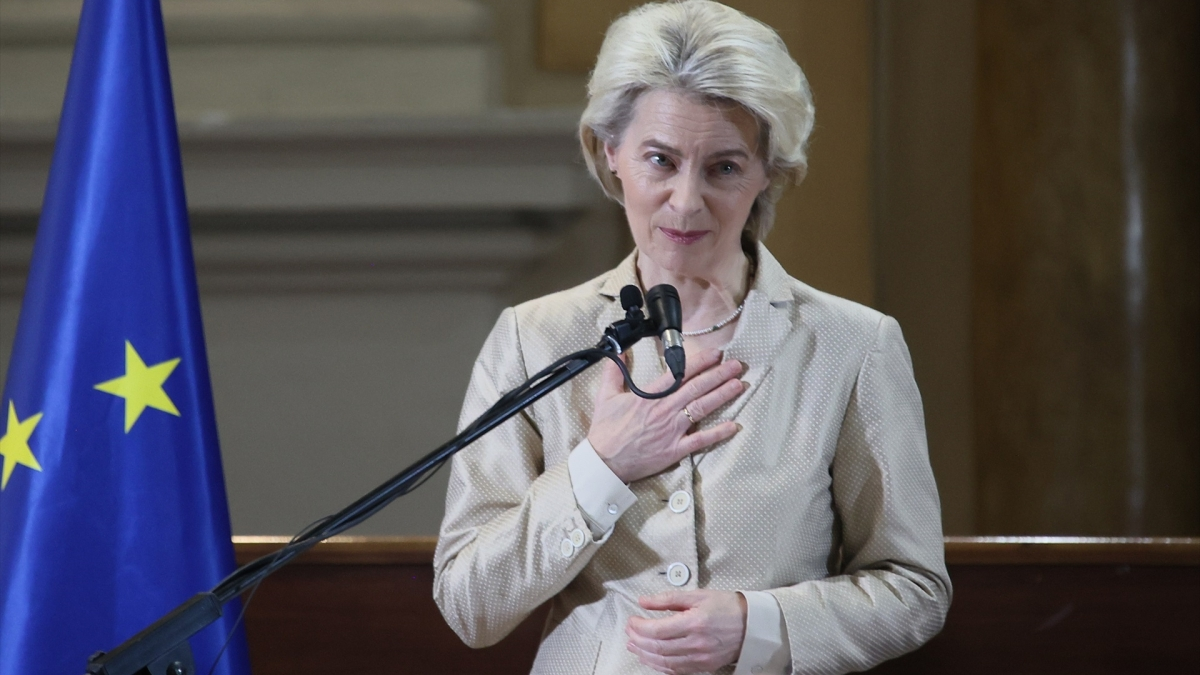European Commission’s reactions to farmers’ protests

Valencia (EFE). The European Commission (EC) has proposed a number of measures to respond to the demonstrations that farmers have called in recent weeks in several member states of the Community Club and in which the primary sector has raised concerns over issues such as European ecological policies or trade agreements. Have protested. ,
Brussels’ proposals in response to the demands of rural areas are:
Withdraw bill to reduce pesticide use
President of the European Commission, Ursula von der Leyenannounced last Tuesday that it is going to withdraw the bill that calls for reducing the use and exposure of chemical pesticides throughout the community and the use of the most dangerous pesticides by 50% by 2030 at national and EU level. Binding objectives were proposed.
Von der Leyen said in the European Parliament that the law had become a “symbol of polarization” and reminded that it had been rejected by the European Parliament in November.
The Member States, the Community Club’s co-legislators with the European Parliament, were also unable to make progress on the file.
Given this scenario, the EC Chairperson assured that she will involve the agricultural sector more in drafting a new legislative project to reduce pesticides.
“The Commission can make a new, more mature proposal with the participation of interested parties,” he said.
Repeal of fallow during 2024
The European Commission has also proposed to repeal during 2024 the rule that forces farmers to keep part of their arable land fallow, a measure demanded by protesters.
The initiative of the Community Executive will allow EU farmers not to apply this rule retroactively from January 1 throughout the year 2024, and continue to receive direct payments from the Common Agricultural Policy.
Instead of keeping land fallow or unproductive on 4% of arable land, farmers will be able to plant or harvest nitrogen-fixing crops (lentils, peas or broad beans) on 7% of their arable land.
Safeguards against Ukrainian imports
Farmer demonstrations had emerged months earlier in countries close to Ukraine, such as Poland, where they complained that an increase in Ukrainian agri-food imports due to the suspension of tariffs meant competition they could not cope with.
In 2022, the Community Club suspended tariffs on Ukrainian imports to support Kyiv against Russian aggression and has been increasing that measure ever since.
Last week, Brussels proposed extending it for another year to June 2025, but introduced safeguards in case agricultural markets in one or more countries were hit.
reduction in administrative burden
Last Thursday von der Leyen announced that the Commission planned to present a proposal in the coming weeks aimed at reducing the administrative burden on farmers.
strategic dialogue on agriculture
The President of the European Commission announced a strategic dialogue on the future of agriculture last September, but it was launched on 25 January.
The aim of the initiative is to listen to sector stakeholders and achieve consensus on the medium and long term impact of agriculture and livestock.
Cutting emissions without mentioning agriculture
This week, the Community Executive proposed that the EU adopt a “net” reduction in CO2 emissions of 90% compared to 1990 as a target for 2040, but the proposal omitted direct reference to efforts by the agricultural sector. Does.
mercosur earrings
One of the issues that farmers criticize is the free trade agreements that the EU and MERCOSUR (Argentina, Brazil, Uruguay and Paraguay) have not yet concluded, as they protect against agri-food products produced without following the rules. Let’s consider arrival. There should be unfair competition in community clubs. Standards of twenty-seven.
At present, the Election Commission has assured that the conditions for terminating this agreement have not been met.